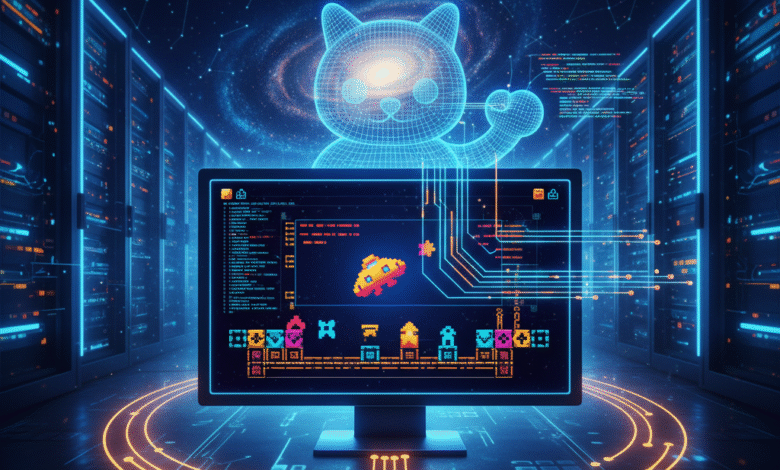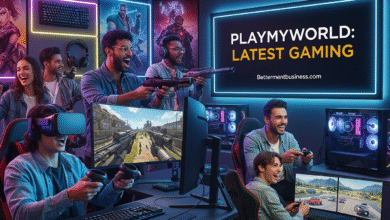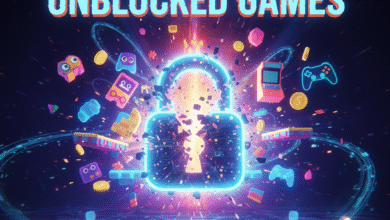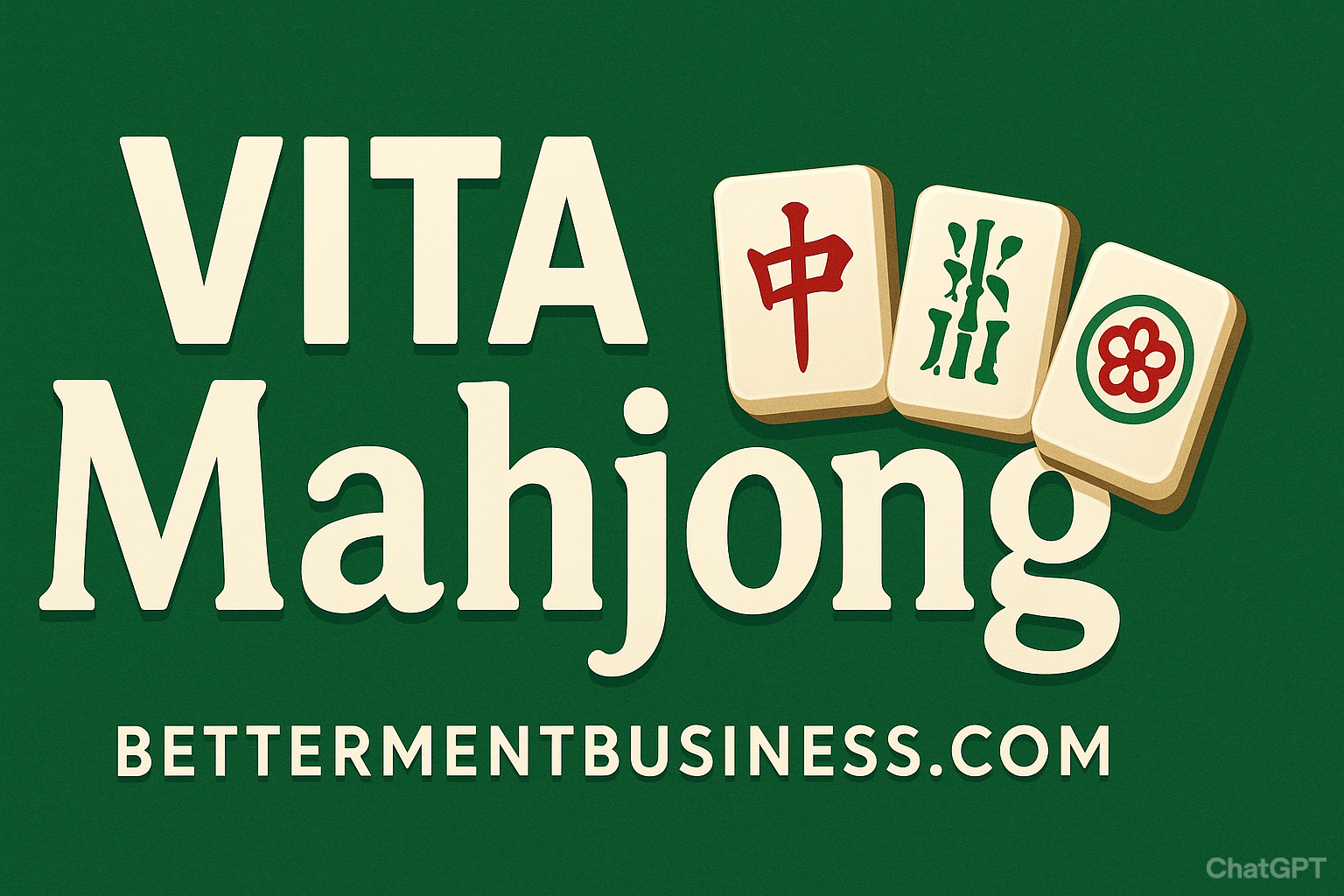Exploring the World of GitHub.io Games: A Playground for Developers and Gamers

Introduction to GitHub.io Games
GitHub.io games represent an intriguing intersection between web development and gaming, utilizing the powerful capabilities of GitHub Pages to host simple yet engaging web-based games. These games are crafted using HTML, CSS, and JavaScript, and can be easily accessed by anyone with an internet connection. The beauty of GitHub.io lies not only in its capacity to showcase individual creativity but also in fostering collaborative efforts among developers and gamers alike.
At the heart of GitHub.io games lies GitHub Pages, a feature offering developers the ability to create and host websites directly from repositories. By leveraging this tool, game developers can seamlessly upload their projects to an online platform, ensuring effortless access for users. This democratization of game development makes it possible for aspiring game designers to share their creations with a global audience without the need for complex server setups.
Significantly, GitHub has become a central hub within the gaming community, providing developers with access to a wealth of resources and collaborative opportunities. This includes version control and project management features which are critical in refining game mechanics and improving user experience. Furthermore, the open-source ethos of GitHub encourages sharing and adaptation, leading to innovative projects that might otherwise remain undiscovered in local development environments.
For players, GitHub.io games offer an easy gateway into the gaming world. With minimal barriers to entry, users can explore a wide array of games made by passionate developers, gaining awareness of new styles and genres. The convenience of accessing these games directly through a web browser, without the need for installations or downloads, enhances the overall gaming experience. Thus, GitHub.io serves as both a creative platform for developers and a treasure trove for gamers, merging the realms of technology and play.
The Emergence of Web-Based Gaming
Web-based gaming has seen a significant rise over the past decade, largely driven by advancements in technology and changes in user behavior. The proliferation of high-speed internet connections, coupled with the increased processing power of browsers, has allowed developers to create immersive and engaging gaming experiences that can be accessed directly from a web browser. This is particularly evident in the realm of github.io games, where developers leverage the flexibility of the web to share their projects and engage with a broader audience.
The introduction of HTML5 has been a game changer for web-based gaming. Before its emergence, developers often faced several limitations with Flash, which was required to play many online games. However, HTML5 provides a more efficient framework, enabling developers to create graphics-rich games that work seamlessly across various devices and operating systems. Additionally, with the support of CSS and JavaScript, developers can incorporate intricate animations and interactive elements that enhance user engagement. This technological evolution has made it easier than ever to craft diverse genres of games that function effortlessly on any modern browser.
The advantages of web-based gaming extend beyond just easy accessibility. Players no longer need to download large files or install software to enjoy their favorite games, making it convenient for users with varying levels of technical expertise. This ease of access has significantly contributed to the popularity of github.io games, where developers can host their projects directly on GitHub and share them with the gaming community. Furthermore, the collaborative nature of platforms like GitHub encourages developers to innovate faster and share ideas effectively, leading to a more vibrant gaming ecosystem.
The emergence of web-based gaming, particularly through platforms like GitHub.io, is a testament to the technological capabilities available today. Developers can now create, share, and play games that are not only engaging but also demonstrate the immense potential of modern web technologies.
Top GitHub.io Games to Play
GitHub.io has emerged as an innovative platform for web-based games, allowing developers to showcase their programming skills while providing entertainment for users. Below is a curated list of some of the most engaging GitHub.io games, detailing their unique gameplay mechanics, graphics, and overall appeal.
1. 2048 Clone – A classic puzzle game that has found its way onto the GitHub.io platform. This game involves sliding numbered tiles on a grid to combine them, with the goal of reaching the tile with the number 2048. Its minimalist design and simple mechanics make it highly addictive and perfect for casual gaming. You can play it here.
2. Flappy Bird – This famous mobile game has been reimagined on GitHub.io, maintaining its challenging gameplay that requires players to navigate a bird through a series of pipes. The graphics are vibrant, and the controls are simple yet require precision. It’s a great test of skill and patience, and you can give it a try here.
3. Pixel Adventure – An intriguing platformer that combines nostalgic pixel graphics with modern gameplay elements. Players navigate through various levels filled with obstacles, enemies, and collectibles. The rich design and storyline enhance the gaming experience, making it a worthwhile title to explore. Play it here.
4. Breakout Game – A faithful recreation of the classic arcade game where players control a paddle to bounce a ball and destroy bricks. The bright colors and cheerful visuals contribute to a lively atmosphere. The mechanics are easy to grasp but offer layers of challenge as the game progresses. Experience this game here.
These GitHub.io games not only provide a platform for developers to showcase their creations but also engage gamers in a myriad of ways. Each title presents unique challenges and entertainment, encouraging visitors to explore this vibrant playground of creativity.
Getting Started with Creating Your Own GitHub.io Game
Creating your own game hosted on GitHub.io can be an exciting venture for both developers and gamers alike. To embark on this journey, it is essential to grasp several fundamental aspects, including technical requirements, essential tools, and necessary skills for game development. GitHub Pages provides a robust platform that allows developers to host various web applications, including games.
Firstly, you will require a GitHub account. Signing up is straightforward, and once registered, you can create a new repository where your game files will reside. It is advisable to familiarize yourself with Git, a version control system widely used in the software development industry. Mastering the basics of Git will greatly enhance your ability to manage your game’s code efficiently.
Next, you should consider the technical requirements for your game. A modern web browser is essential for both testing and running your game. Additionally, you should obtain a text editor for coding; popular choices include Visual Studio Code, Sublime Text, and Atom. For those interested in utilizing more advanced frameworks, knowledge of JavaScript, HTML, and CSS will be invaluable. Many GitHub.io games are developed with these languages, as they are integral to creating interactive web applications.
Furthermore, exploring game development libraries such as Phaser or P5.js can significantly simplify the process. These tools provide pre-built functions and templates geared towards game creation, enabling even novice developers to craft engaging experiences. Tutorials and documentation available on GitHub and other platforms can also serve as a valuable resource.
Ultimately, getting started with creating your own GitHub.io game involves understanding the basics of GitHub, familiarizing yourself with web development languages, and utilizing game development libraries. The pathway is flexible and invites creativity, encouraging you to experiment with various ideas, ultimately culminating in a unique gaming experience hosted on GitHub.io.
Popular Technologies Used in GitHub.io Game Development
As developers venture into the realm of creating engaging games on GitHub.io, they often rely on a variety of technologies and frameworks that enhance both functionality and user experience. Key among these are libraries such as Phaser, Three.js, and P5.js, each bringing unique elements to game development.
Phaser is a popular HTML5 game framework designed for building 2D games. It provides an easy-to-use API, enabling developers to create vibrant gameplay experiences quickly. With a robust community and extensive documentation, Phaser allows developers to leverage pre-existing assets and integrate various plugins effortlessly. This capability enables the rapid prototyping of engaging games on GitHub.io, catering to both novice and experienced developers.
In the realm of 3D game development, Three.js stands out as a leading JavaScript library. It simplifies the process of rendering 3D graphics within web browsers, making it a natural choice for developers who wish to create visually stunning games. By abstracting complex WebGL code, Three.js allows developers to focus more on game design rather than technical challenges. The library also boasts compatibility with various tools and frameworks, enhancing the overall aesthetics and interactive options available for GitHub.io games.
P5.js, on the other hand, is tailored for both game design and visual arts. It provides a friendly environment that encourages creativity through programming. Its capabilities extend beyond traditional game mechanics, enabling developers to craft artistic interactive experiences easily. P5.js promotes an inclusive approach to coding, making it accessible to artists and hobbyists who may not have extensive programming backgrounds. Consequently, this versatility contributes to the rich diversity of games hosted on GitHub.io.
Overall, the integration of these libraries empowers developers to push the boundaries of game creation. By utilizing tools like Phaser, Three.js, and P5.js, game designers can craft immersive worlds, ensuring that GitHub.io remains an exciting platform for both developers and gamers alike.
Community and Collaboration in GitHub.io Gaming
The GitHub.io platform has emerged as a significant hub for both developers and gamers, fostering a dynamic community built on collaboration and open-source principles. At the heart of GitHub.io games lies a unique ecosystem where developers can create, share, and modify game projects. This collaborative environment not only encourages innovation but also empowers individuals to contribute their skills to existing projects. Whether through coding, designing graphics, or providing sound, the open-source nature of GitHub.io games invites a variety of talents to enhance the overall quality of each title.
One of the key elements in this community is the feedback loop between developers and players. Developers often rely on player experiences and suggestions to refine their games, ensuring that the end product meets the expectations of its audience. The process of garnering feedback is typically facilitated through platforms such as GitHub issues or dedicated forums, where players can report bugs, request features, and share their gaming experiences. This direct line of communication is crucial for the evolution of games on GitHub.io, as it allows developers to remain attuned to their audience’s preferences.
Moreover, players have the opportunity to engage actively with the development process, transcending the traditional role of passive consumers. Many GitHub.io games encourage players to participate in beta testing phases, where they can explore new features before their official release. This interaction enhances the gaming experience, as players become integral to the game’s lifecycle, providing insights that help shape the final product.
In conclusion, the community aspect of GitHub.io games is a powerful element that drives collaboration and innovation. By working together, developers and players can create immersive gaming experiences that are continuously improved through collective input, making GitHub.io a vibrant playground for both developers and gamers alike.
Showcasing Your GitHub.io Game
Promoting and showcasing your GitHub.io game is essential to attract players and foster a community around your creation. One effective strategy is utilizing social media platforms. Social media networks such as Twitter, Facebook, and Instagram provide a vast audience eager to discover new games. Regularly posting updates, sneak peeks, and gameplay clips can generate interest. Engaging with followers through live gameplay sessions or Q&A sessions also helps build a fan base and maintain enthusiasm for your project.
In addition to social media, game development forums and communities offer excellent opportunities for showcasing your GitHub.io game. Platforms such as IndieDB, TIGSource, and the GameDev subreddit allow developers to share their work with like-minded individuals who appreciate the nuances of game creation. These communities often welcome feedback, which can help refine gameplay elements and enhance overall quality. It is crucial to participate in discussions actively, offering insights and support to others, as this can lead to reciprocal promotion.
Cross-promotion with other developers is another useful tactic in gaining visibility. Collaborating with fellow game creators or participating in game jams can provide exposure to new audiences. Furthermore, consider creating a dedicated website or blog to document your game’s development journey, featuring screenshots, beta versions, and player testimonials. This hub of information can serve as a central point to drive interest and engagement surrounding your GitHub.io game.
Lastly, don’t underestimate the power of YouTube and Twitch streams to showcase gameplay. These platforms enable developers to reach potential players through visual content, which can dramatically impact a player’s interest. Collaborating with streamers dedicated to indie games may further amplify your game’s visibility. By combining different strategies and platforms, you can effectively promote your GitHub.io game and attract an audience eager to experience your creation.
Monetizing Your GitHub.io Game: Is It Possible?
The prospect of monetizing games hosted on GitHub.io presents unique opportunities and challenges for developers. Given that GitHub is primarily recognized as a collaborative platform for open-source projects, many developers might wonder how they can successfully generate revenue from their games. One of the most common methods employed is through donations. Platforms like Patreon or Ko-fi allow players to support their favorite developers directly. By integrating buttons for these services into their GitHub.io pages, developers can create easy pathways for their games’ fans to contribute financially.
Another viable option is crowdfunding. Launching a campaign on sites like Kickstarter or Indiegogo can be an excellent way to gather support before or during the development of a game. Successful crowdfunding campaigns not only provide upfront capital but also help in building a community of engaged players who are invested in the game’s success. It is essential for developers to present a compelling pitch and showcase their game’s potential, ensuring that backers feel confident in their investment.
Advertising is yet another strategy for monetizing GitHub.io games. By incorporating in-game advertisements or affiliate links, developers can generate passive income without necessarily charging players upfront. This method requires careful consideration to maintain user experience, as intrusive ads may deter players from enjoying the game. Moreover, developers should stay aware of legal considerations when using ad networks, especially if their games are open-source.
However, monetizing games on GitHub.io is not without its challenges. Developers need to navigate the fine line between maintaining the ethos of open-source gaming while seeking to profit from their creations. Many players may be resistant to monetization efforts, which can create tension within the community. Balancing profit with accessibility is crucial for long-term success in this unique marketplace.
Future Trends in GitHub.io Games and Web Gaming
The realm of GitHub.io games is poised for significant evolution as we advance into an era defined by technological innovation and an increasing demand for engaging web-based experiences. The rise of browser-based games is gradually being accompanied by advancements in WebAssembly and JavaScript frameworks, which promise to enhance both performance and user experience. As developers embrace these technologies, we can expect an influx of GitHub.io games that are not only more interactive but also capable of delivering complex gameplay mechanics typically associated with traditional console and PC games.
Moreover, the integration of artificial intelligence (AI) within web gaming environments is an emerging trend that promises to revolutionize how games are developed and played. AI-driven elements, such as adaptive algorithms and procedural content generation, allow for dynamic gameplay experiences that adjust in real-time to player actions. This will not only enhance replayability but also offer personalized gaming experiences, further attracting gaming enthusiasts to platforms like GitHub.io.
Another noteworthy trend is the growing emphasis on community-driven game development. To maintain relevance in a competitive landscape, developers are increasingly turning to their audience for feedback during the game creation process. This open-source collaboration style aligns perfectly with the ethos of GitHub.io games and can lead to the production of titles that resonate more deeply with players. Engaging with communities through forums and social media will help foster a sense of belonging and dedication among gamers and developers alike, facilitating a sustainable ecosystem for web gaming.
As we consider these advancements, it becomes apparent that the future of GitHub.io games and web gaming is not merely about technological improvements. It also revolves around creating enriched and engaging environments where developers and gamers can thrive together, culminating in a vibrant digital playground that continually appeals to new generations of users.
Also read on WWW.BETTERMENTBUSINESS.COM



